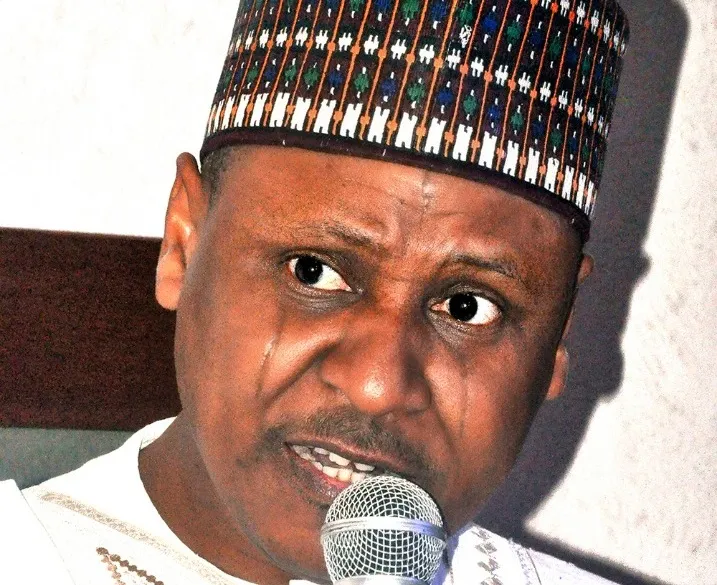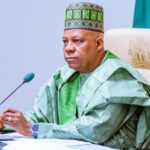The Federal Government has allayed the fear of job loss with the implementation of the Oronsaye Report.
On Monday, President Bola Tinubu ordered full implementation of the report put together by a committee which ex-President Goodluck Jonathan set up in 2012.
The Oronsaye report on public sector reforms revealed that there are 541 statutory and non-statutory—federal government parastatals, commissions and agencies.
The committee recommended the merger of some agencies and asked that some others be scrapped to cut down cost of governance.
This has created uneasy calm in some agencies and MDAs.
But speaking at the fourth edition of the Ministerial Press Briefing Series in Abuja on Wednesday, Minister of Information and National Orientation, Mohammed Idris, said the implementation of the report would not lead to retrenchment.
“The whole idea is that government wants to reduce cost and also improve efficiency in service delivery. It does not mean that government is out to retrench workers or throw people into the labour market,” Idris said.
“Through the implementation of Oronsaye’s Report, President Tinubu aims to achieve significant cost savings by eliminating duplication of functions, streamlining administrative processes, and optimising resource allocation. This proactive approach will enable the government to operate more efficiently while maintaining the quality and delivery of services to the Nigerian people.”
The minister, who said Nigerians were beginning to see the benefits of the reforms being spearheaded by the president in various sectors, stressed that reports from the National Bureau of Statistics (NBS) indicated that Nigeria witnessed a GDP growth of 3.46 per cent in the fourth quarter of 2023 as against 2.54 per cent recorded in the third quarter of 2023.
He added that the NBS report also stated that capital importation rose to 66 per cent in the fourth quarter of 2023, reversing a 36 per cent decline in the third quarter.

 Join Daily Trust WhatsApp Community For Quick Access To News and Happenings Around You.
Join Daily Trust WhatsApp Community For Quick Access To News and Happenings Around You.


